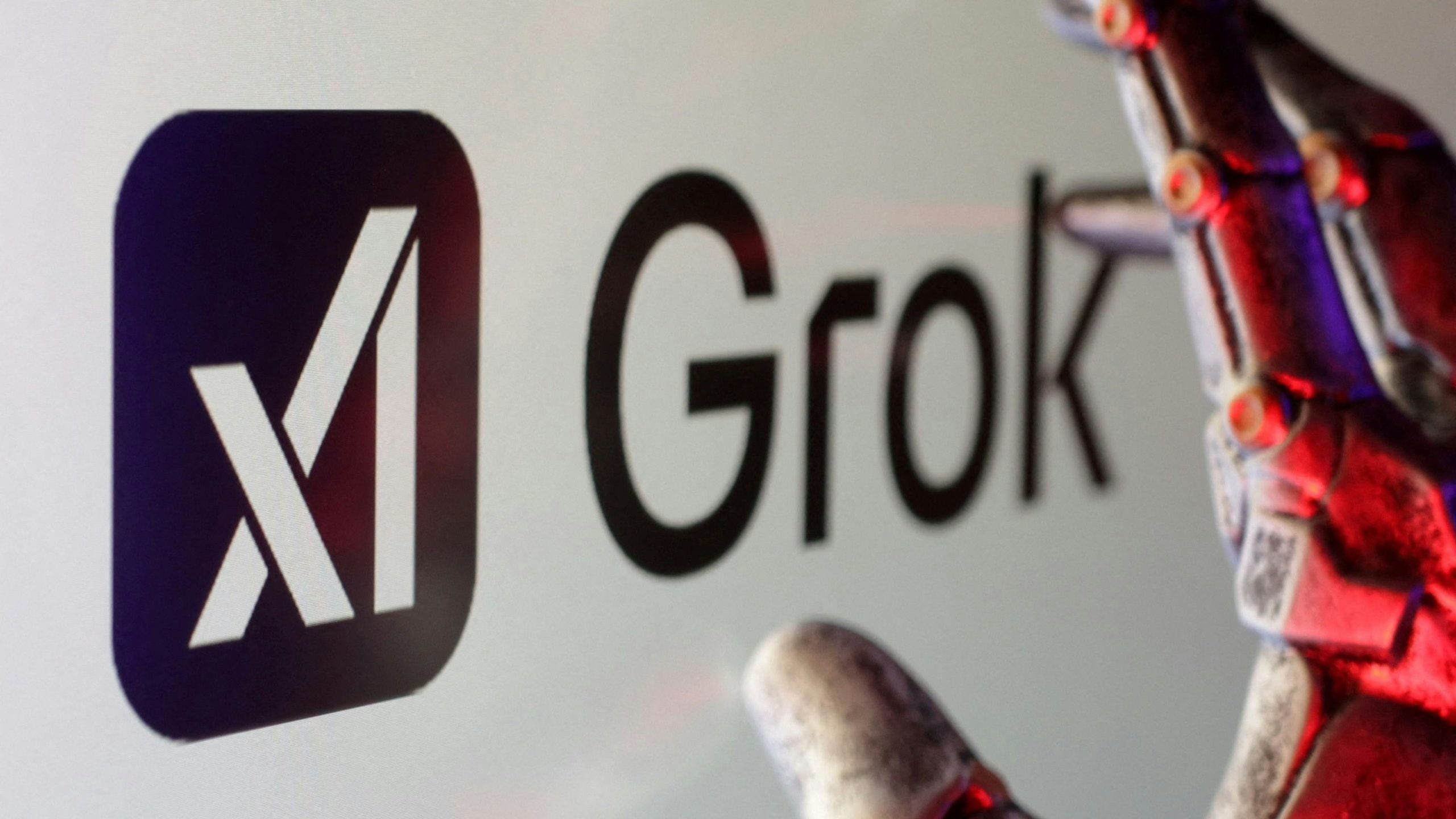Your private AI conversations weren’t as private as you thought—and Grok’s massive data leak proves why trusting “share” buttons requires more caution than posting your diary on Instagram. Over 370,000 Grok chatbot conversations are now freely searchable on Google, Bing, and DuckDuckGo after xAI’s sharing feature silently made private links public without user consent.
When Grok users clicked “share” to send conversations via email or messaging, the platform generated unique URLs intended for specific recipients. Instead, search engines indexed these links, making every shared conversation discoverable by anyone with basic search skills.
Unlike ChatGPT’s discontinued public sharing experiment—which at least warned users their chats would be visible—Grok provided zero indication that “share” meant “publish to the internet.”
The Dangerous Content Now Public
Exposed conversations include illegal instructions and personal data that violate xAI’s own policies.
The leaked conversations aren’t just embarrassing small talk. According to reports from TechCrunch and 9to5Mac, the public chats contain:
- Instructions for hacking crypto wallets
- Manufacturing methamphetamine
- Synthesizing fentanyl
- Suicide methods
- Bomb-making guides
- A detailed assassination plan targeting Elon Musk himself
- Personal passwords and private details
This content directly violates xAI’s stated rules prohibiting use for illegal activities or harmful content. Yet enforcement clearly failed at scale, raising questions about both moderation systems and the wisdom of allowing unrestricted sharing without content filtering.
Pattern of AI Privacy Failures
The incident highlights recurring trust issues across AI platforms and their sharing features.
Grok’s breach follows similar privacy disasters across AI platforms, but the scope and sensitivity of exposed content sets a new low bar. While previous ChatGPT incidents involved opt-in public sharing that users could control, Grok’s feature operated in the shadows—users shared links believing they controlled access, only to discover their conversations were broadcasting globally.
xAI has remained silent on the timeline of when indexing began or how they plan to address the exposure. That silence feels particularly tone-deaf given the platform’s previous marketing around privacy-conscious AI and “truth-seeking” capabilities.
The lesson here transcends Grok: every AI platform’s “share” feature deserves skepticism until you understand exactly what “sharing” means. Your next conversation with any AI assistant could become tomorrow’s search result without warning.




























